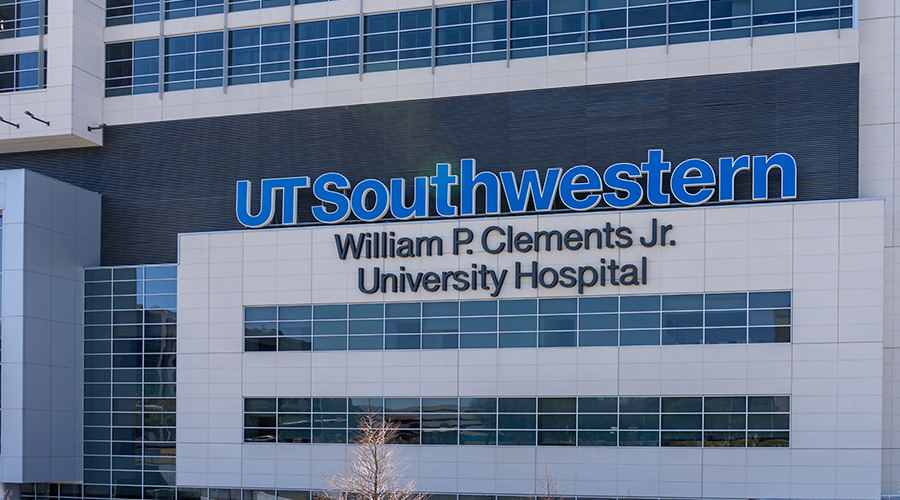Healthcare Leases: Pay Close Attention to Guaranties
Special legal and financial factors should be considered for healthcare lease guaranties
The guaranty is a teeny issue within healthcare leasing, but it’s one that landlords and facility managers often miss the boat on. When all is said and done, your lease is only as strong as the guarantor’s financial condition.
First, for a definition. A guaranty is an agreement whereby the guarantor (the healthcare tenant) promises collateral to satisfaction of the debt of another or perform the obligation of another if and when the debtor fails to do so.
In most leases, the issue of the guaranty is dependent on the perceived financial strength of the tenant, whether there is other security for the performance of the obligations under the lease (e.g., letter of credit), and the trust relationship between the landlord and tenant. These remain true with healthcare leases. But the nature of the tenant — as a provider of consumer medical services — generally alters the landlord's calculus.
For example, because a guaranty is a credit enhancement, additional care must be taken to confirm compliance with applicable laws and regulations — such as Stark Law or the Anti-Kickback Statute — and consistent with the general market and fair market value.
As we defined in Part One of this series, the U.S. Department of Health and Human Services defines “fair market value” as the value in an arm’s length transaction, consistent with the general market value, including charging physician tenants for all of the space that they use, including their pro rata portion of all common areas. “General market value” means the rate that would result from bona fide bargaining between well-informed parties who are not otherwise in a position to generate business for the other party on the date of the agreement.
Additionally, it is always difficult to discuss with a tenant consisting of older physicians the prospect of the loss of an individual guarantor through death. But hospital landlords and facility managers must consider substitute guarantors if intending to remain within the confines of the market.
Lastly, since most healthcare leases require extensive and expensive tenant improvements, the guaranty should provide the landlord with additional security from a healthcare tenant default, as it may be several years into the lease terms before the cost of construction improvements may be recovered.
The issue of guaranties is also closely tied to a healthcare lease’s termination rights. For an in-depth discussion of termination rights, please see Part Five of this series.
# # #
This is the seventh part of a 10-part series on healthcare leasing issues. Remaining parts will appear monthly throughout 2015.
Brooks Smith is a commercial real estate and finance attorney for Bradley Arant Boult Cummings LLP. He regularly represents healthcare clients in all aspects of commercial real estate development, acquisition, disposition, leasing, and financing. Connect with Smith on LinkedIn or through Bradley Arant Boult Cummings’ website.
Related Topics:

















